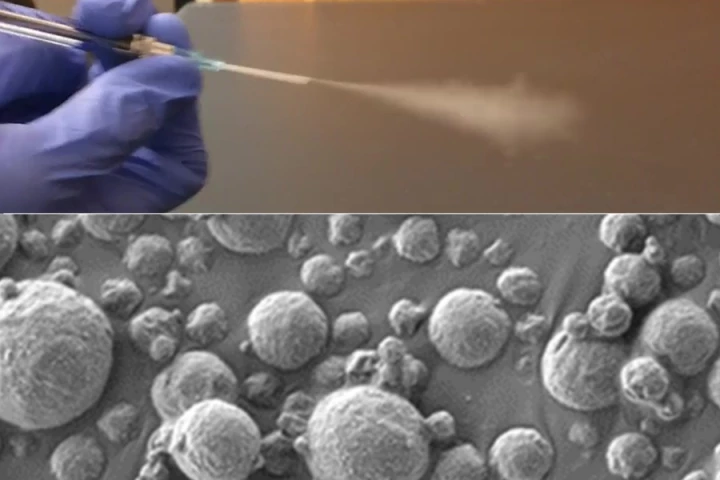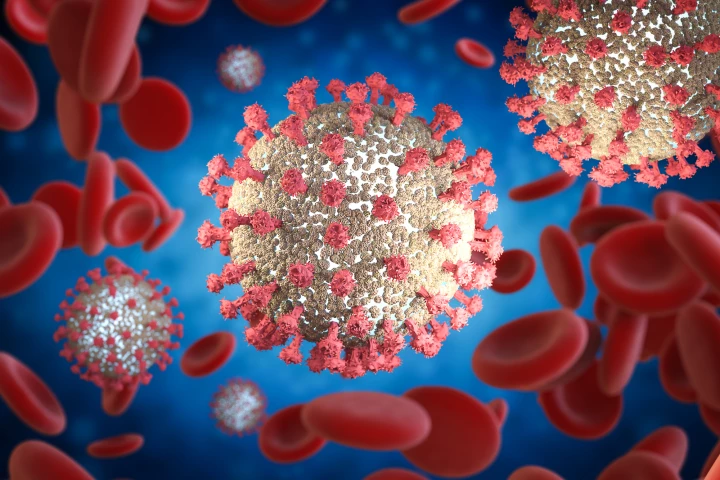Test
-
A test for pee-based markers of prostate cancer has previously relied on an uncomfortable first step. A new study has revealed that the now-available test remains just as accurate without it, paving the way from an easy in-home testing option.
-
MIT scientists have developed an easier method for diagnosing lung cancer – breathe in some inhalable nanoparticle sensors, then pee on a stick. The method should be less invasive than CT scans, and easier to perform in low-income regions.
-
Researchers have identified an efficient and cost-effective two-step screening strategy that, compared to the current one-step approach, more accurately identifies which type 2 diabetics need treatment to prevent life-threatening heart failure.
-
California's Stratolaunch has announced the successful completion of its 12th test flight, where its six-engine, 385-ft wingspan Roc carrier aircraft took to the air for a captive carry test of a Talon-A hypersonic vehicle hauling live propellant.
-
Researchers have developed a simple blood test that improves the diagnosis of bipolar disorder, a commonly misdiagnosed condition. The test could ensure that people receive the correct treatment and identify potential drug targets for mood disorders.
-
A new study has proposed that a simple retina scan could indicate whether a person is at risk of early death. The research found the greater the gap between a person’s chronological age and retinal age the higher their risk of dying.
-
Cancer treatments have better outcomes if the disease is caught early. A new Oxford study demonstrates an experimental blood test that shows promise in detecting a variety of cancers in patients, and even whether or not they’ve spread.
-
A new study is showing a novel blood test can detect the presence of lung cancer with over 90 percent accuracy. The test uses artificial intelligence to identify abnormal patterns in fragments of cancer DNA circulating in a patient’s bloodstream.
-
NASA has powered up the core stage of its SLS rocket, completing an eight-minute hot-fire test of its four RS025 engines. The core stage is the largest rocket element ever built by NASA and is designed to carry astronauts to the Moon and beyond.
-
Continuous blood monitoring would be a transformative advance for doctors and a new study brings that reality closer. New research describes a device that can detect real-time changes in blood levels of any molecule a doctor would need to monitor.
-
A team of researchers from Massachusetts General Hospital, trawling through hospital admission data, may have found a simple blood-based biomarker that can help doctors assess those patients most at risk of suffering the worst effects of COVID-19.
-
In a first-of-its-kind study thousands of people with no history of cancer were screened with an experimental multi-cancer blood test. The results caught several pre-symptomatic early stage cancers, but more work is needed before clinical deployment
Load More











